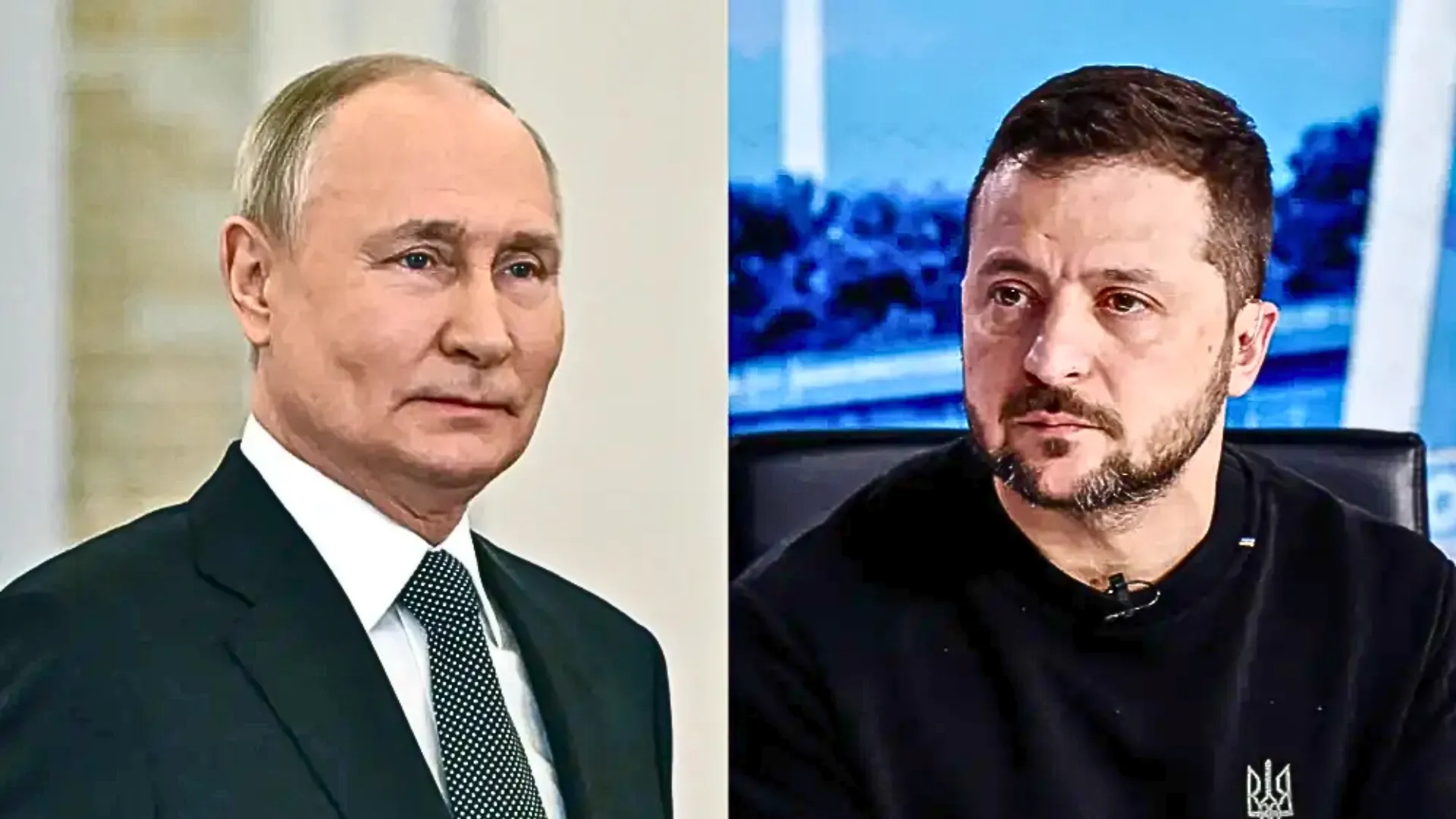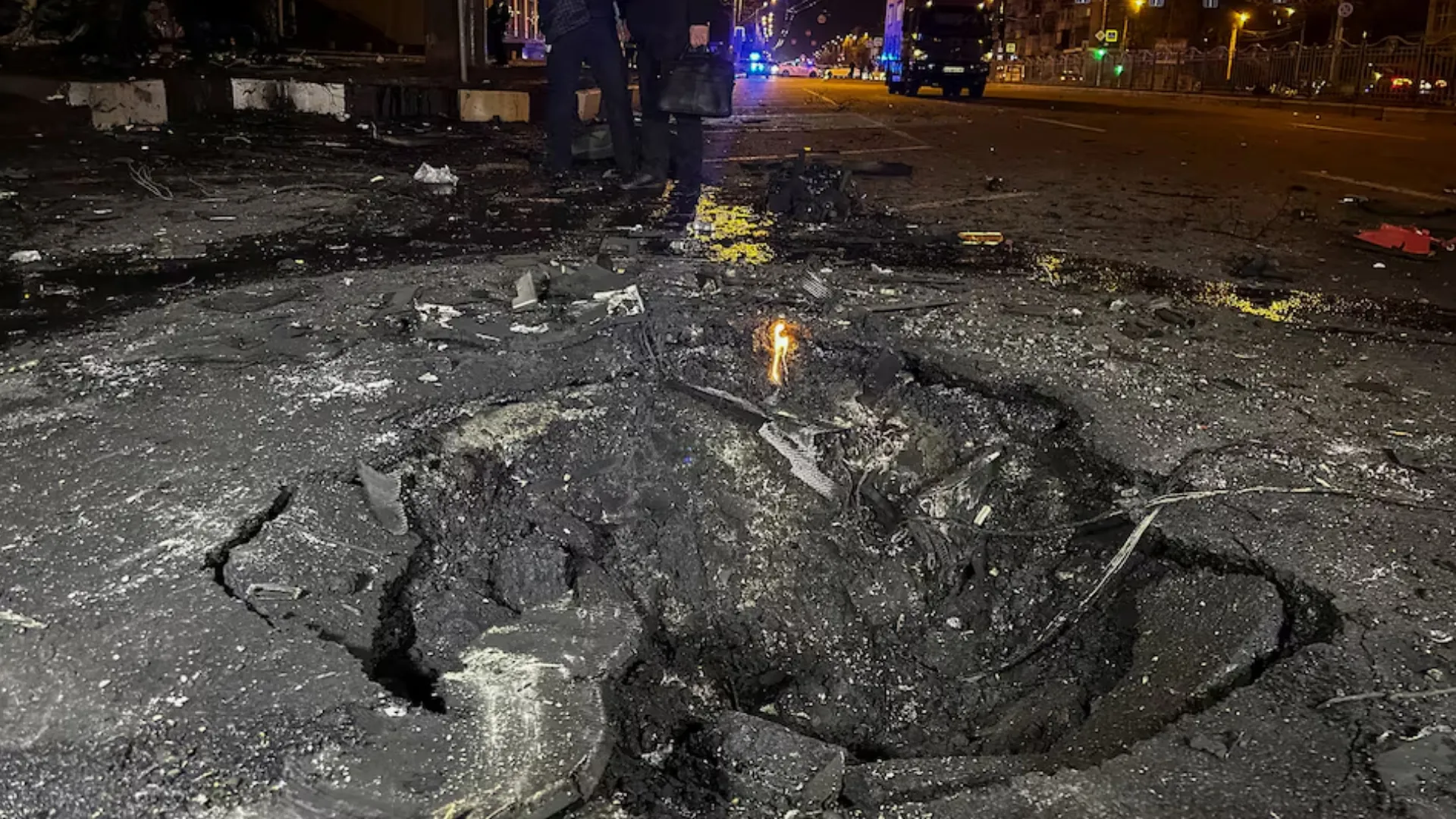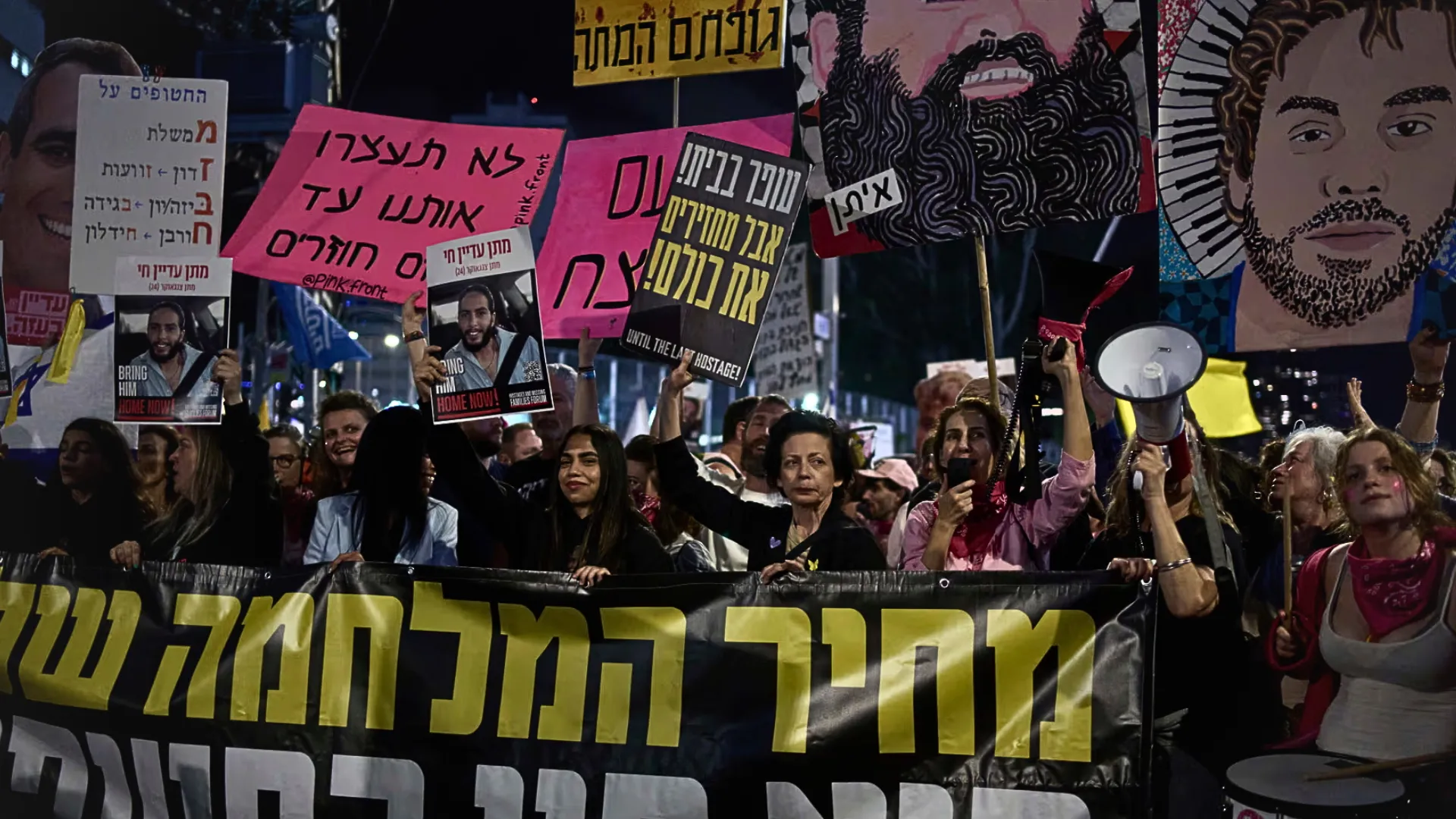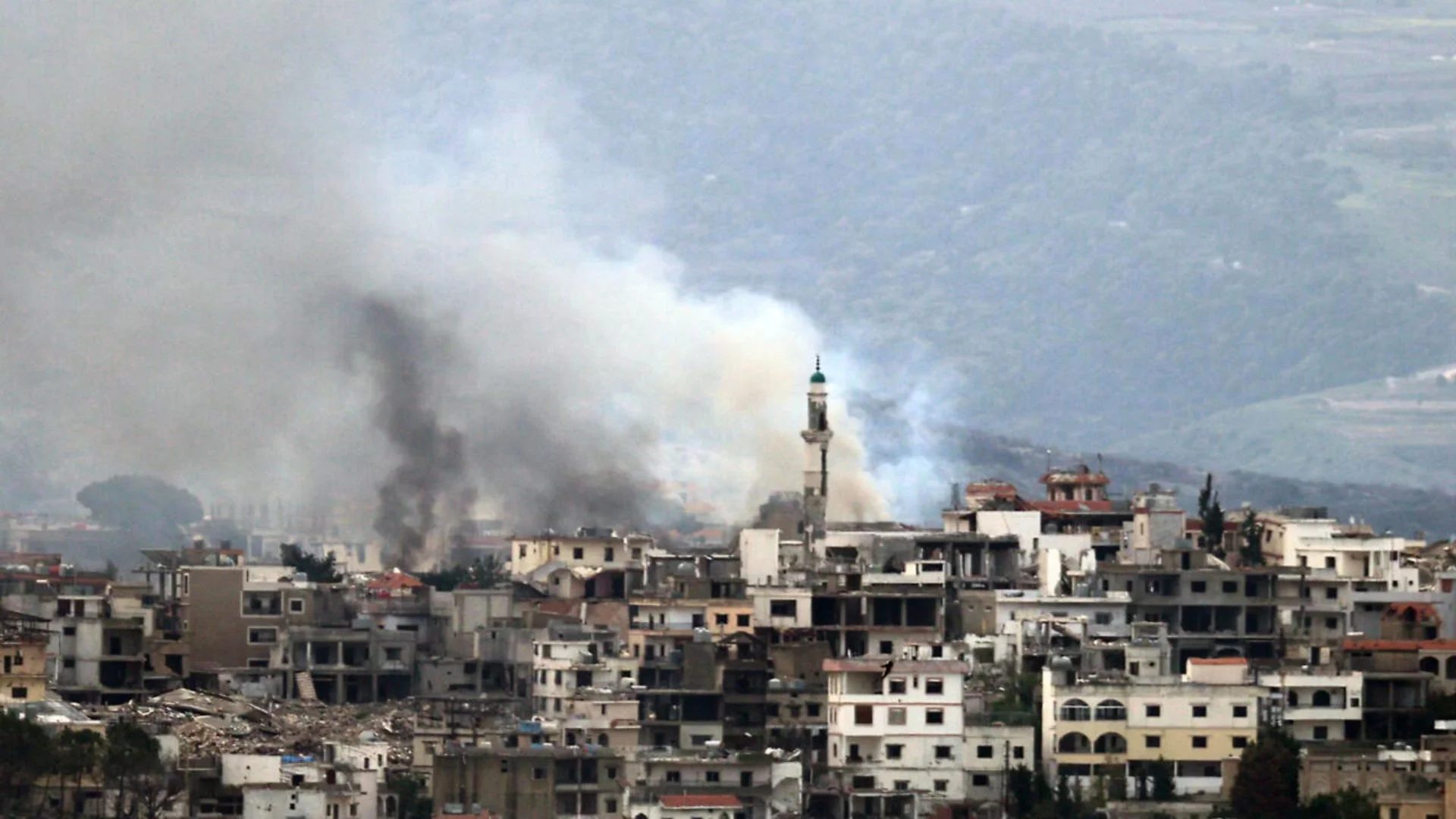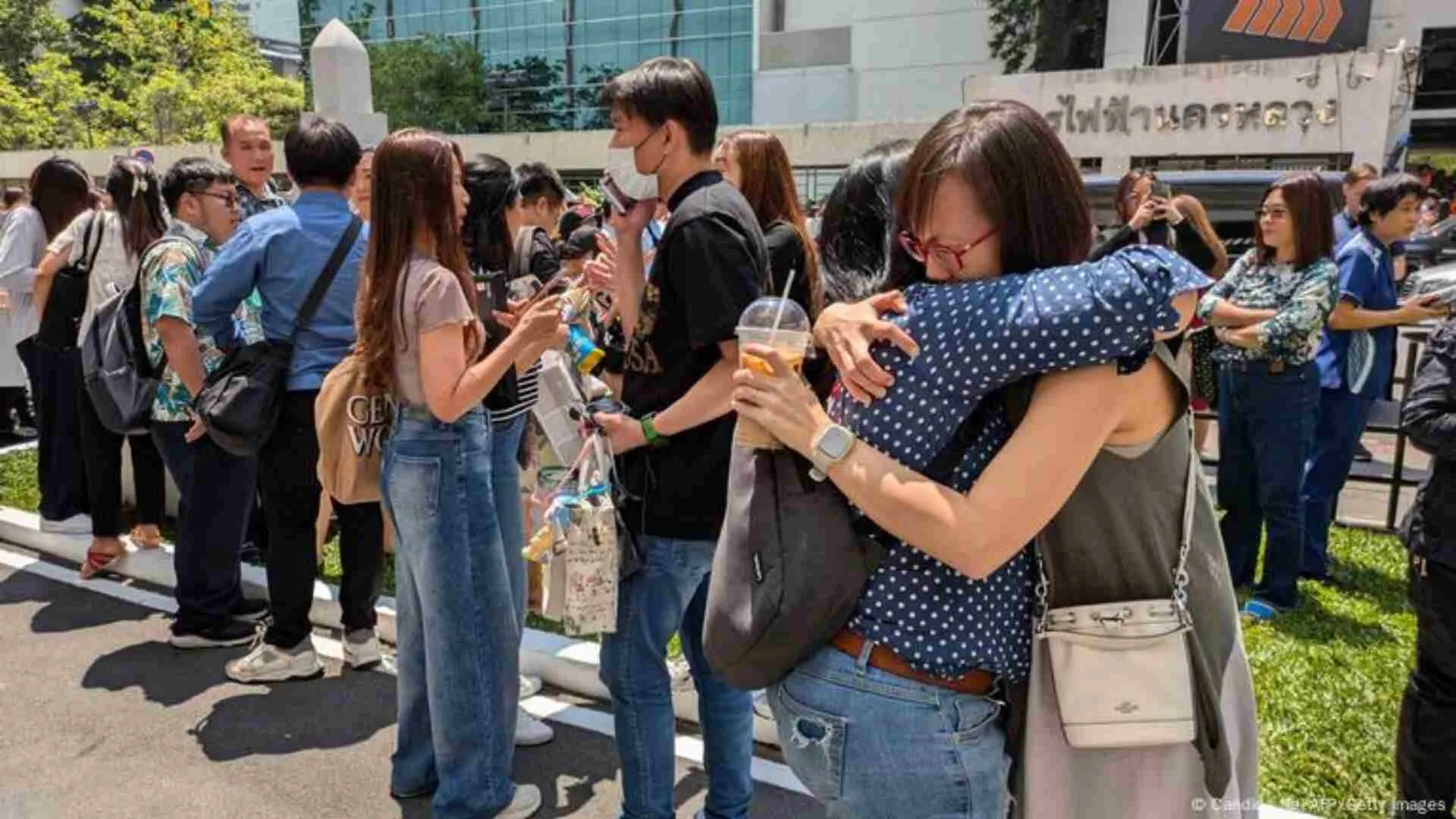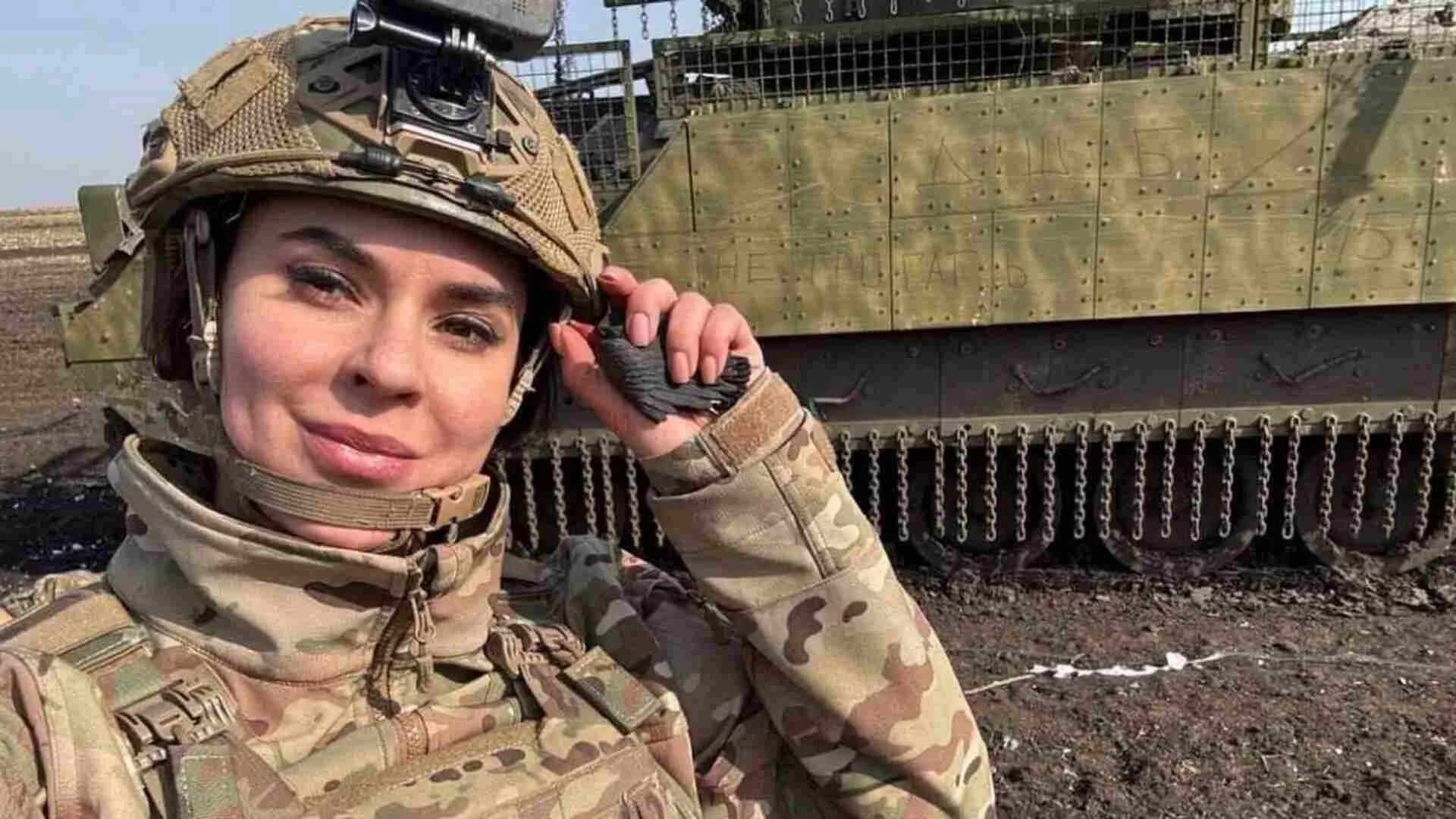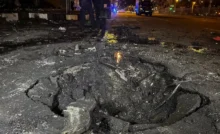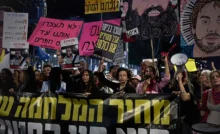Ukrainian President Volodymyr Zelenskyy has denounced recent drone attacks by Russia across Ukraine as acts of terrorism and accused Moscow of deliberately targeting civilians and critical infrastructure. The attacks have killed several people and caused extensive damage, adding to the humanitarian crisis in the region.
As part of coordinated attacks, Russian forces deployed almost 150 drones in attacks against several Ukrainian provinces, including the capital city of Kyiv. Many of the drones were intercepted and destroyed by Ukrainian air defense; however, the rest resulted in significant damage. In the city of Kyiv alone, multiple people died, including children, while several others were injured, which indicated the indiscriminate nature of such attacks.
Civilian Impact and Infrastructure Damage
The incessant drone attacks have ruined the civilian lives and infrastructure of Ukraine. President Zelenskyy informed that millions of citizens are left without power supply due to selective strikes on the country’s power system. He labeled these acts as “energy terrorism,” highlighting that Russia’s policy is meant to shatter the morale of Ukrainians by leaving them in the dark and cold.
In Kyiv, officials have registered mass blackouts in residential areas, hospitals, and critical infrastructure. The mass power outages have disrupted the normal life of people, worsening the humanitarian situation. Authorities have asked people to save electricity and prepare for long-term outages as the restoration process continues.
International Response and Ceasefire Negotiations
These attacks came just ahead of crucial peace negotiations brokered by foreign envoys with the objective of brokering a partial truce between Russia and Ukraine. Although there was a deal in principle for a temporary truce, sustained hostilities involving cross-drone and missile fire have made the negotiation process more difficult. Diplomacy is ongoing, but nerves remain on edge.
President Zelenskyy has demanded more international pressure on Russia, calling on allies to impose tighter sanctions on organizations providing parts for Russian drones. He pointed out that thousands of attack drones have been employed against Ukraine, numerous of which had foreign-produced components. Zelenskyy stressed the necessity of unified global action to shut down the supply chains facilitating Russia’s drone capacity.
Humanitarian Concerns and Future Outlook
The surge in drone strikes has created substantial humanitarian issues, with civilians most affected by the war. Attacking residential communities and energy facilities not only leads to direct fatalities but also presents long-term problems for the recovery and resilience of Ukraine.
With winter looming, the destruction of energy infrastructure has the potential to deprive millions of heat, adding to the vulnerable populations. The international community and relief organizations are rallying to help those who have been impacted, but ongoing violence is hampering relief.
The international community is keeping a close watch on the developments, with diplomatic moves afoot to secure a sustainable solution. But the latest upsurge in attacks testifies to the intricacies of the conflict and the difficulty in arriving at a peaceful solution.
The recent Russian forces’ drone attacks have escalated the ongoing conflict in Ukraine, resulting in heavy civilian casualties and damages to infrastructure. President Zelenskyy’s denunciation of such actions as terrorist in nature illustrates the escalating international pressure for intervention and assistance to stem the mounting humanitarian crisis and to find a peaceful resolution.


